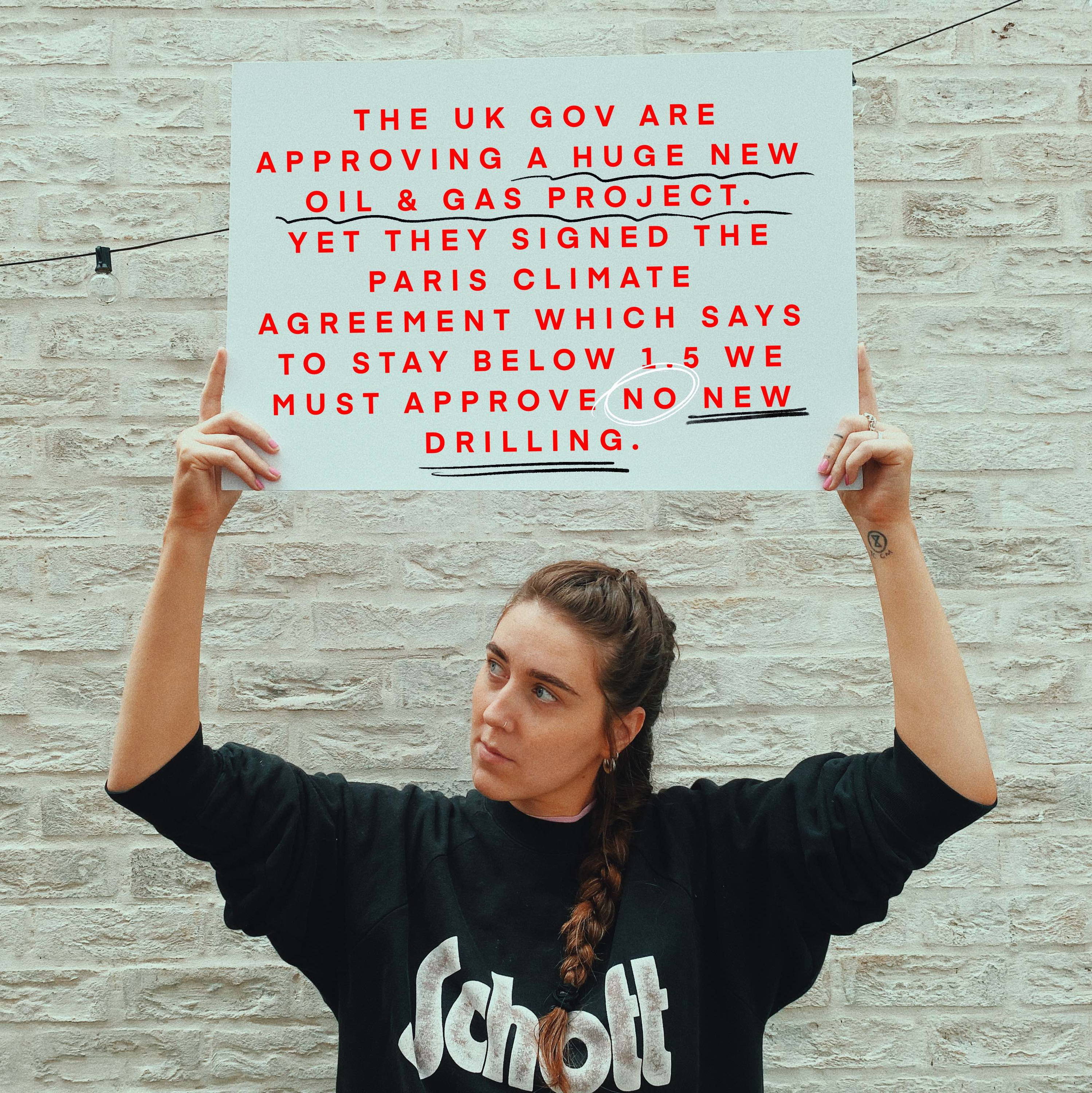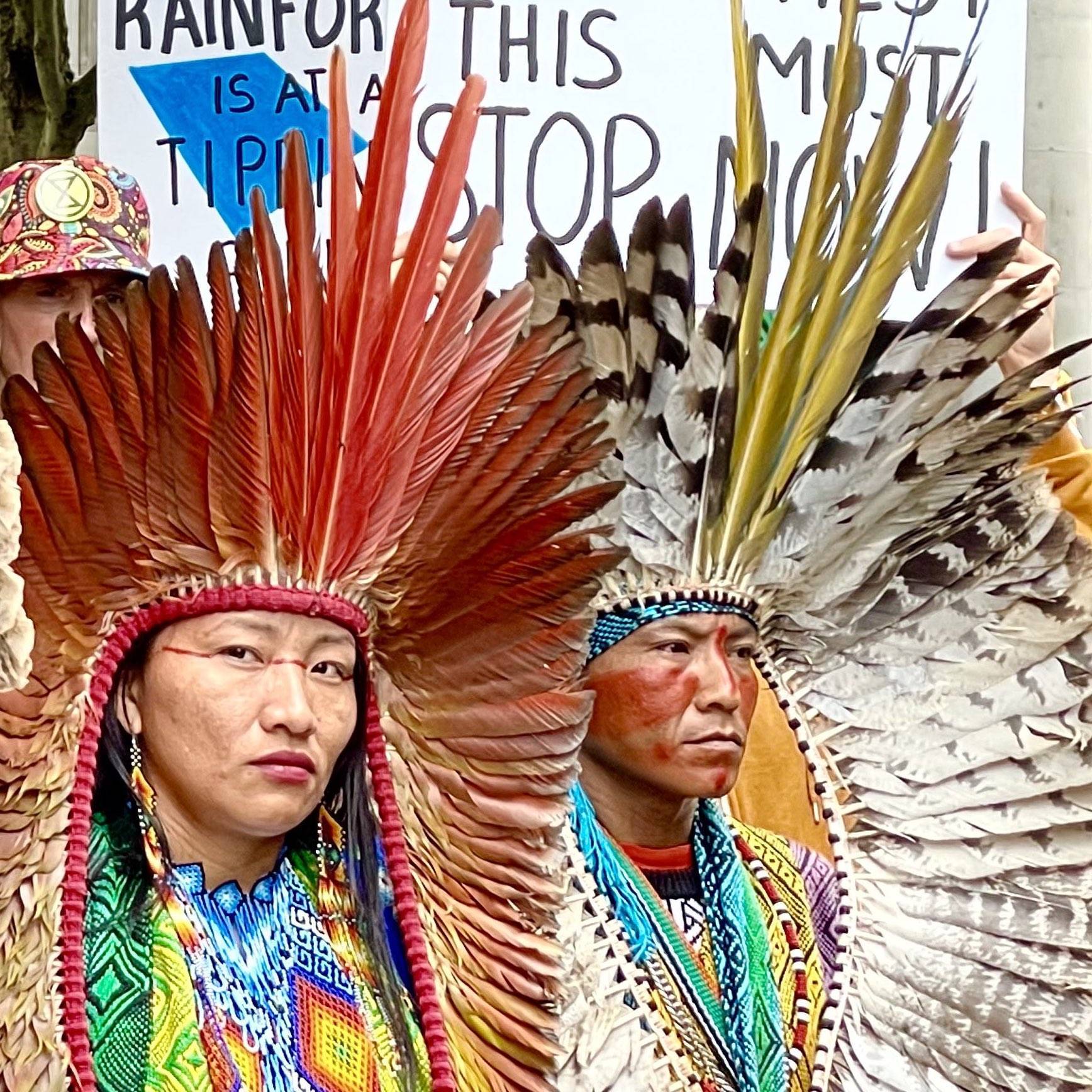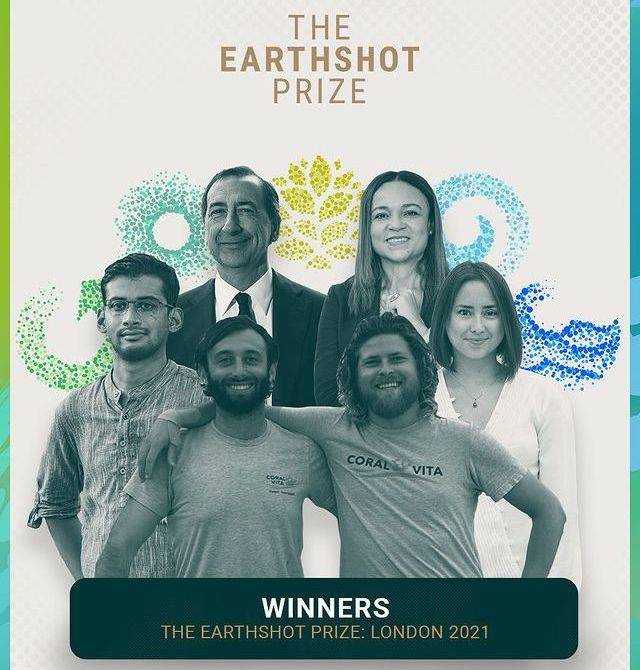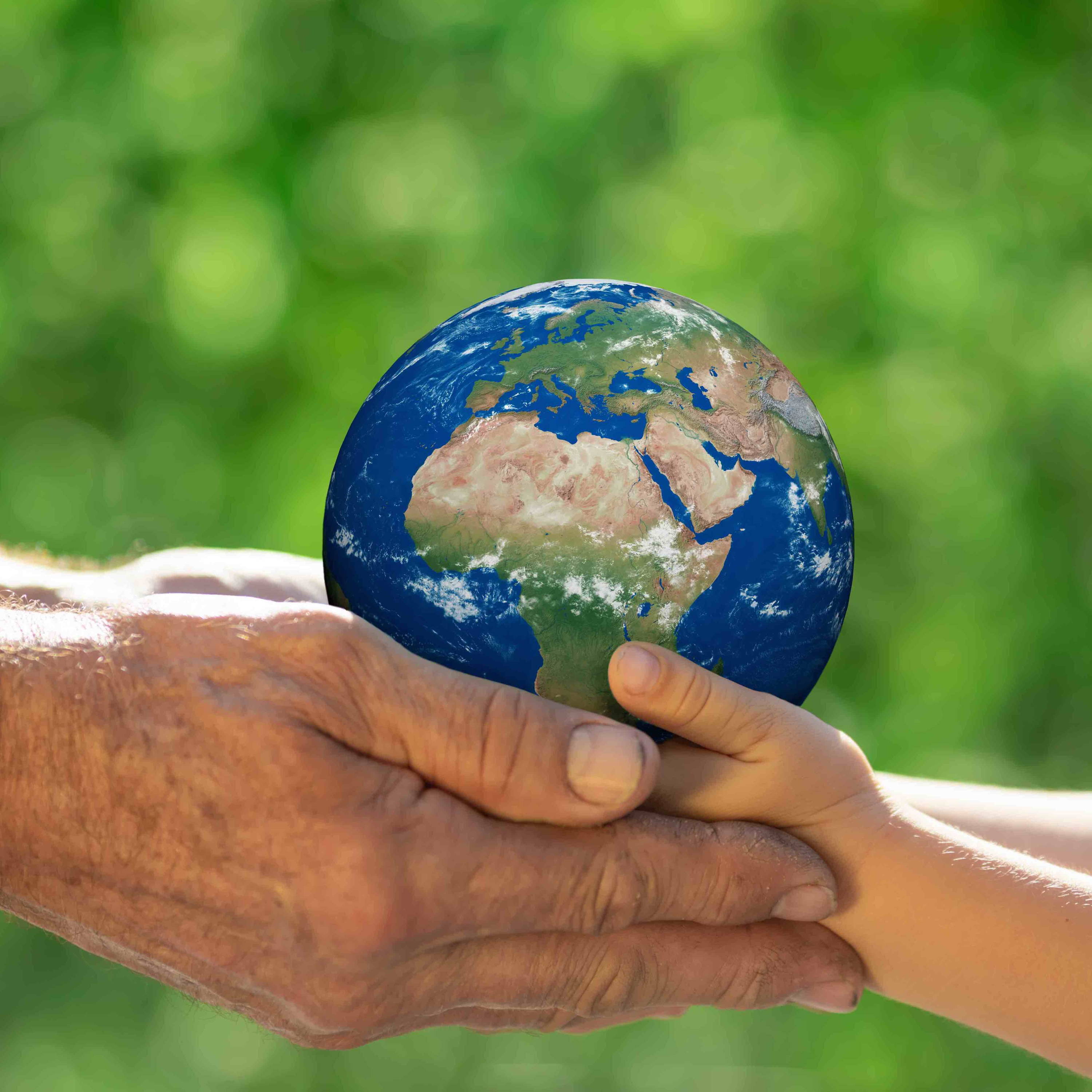
Image: Shutterstock
Goal 7: Affordable and Clean Energy
clean power and cop26
These are the outcomes we want from global leaders at the world's biggest climate conference
By EMMA ELMS
22 october 2021
Why is COP26 so vital?
COP, which stands for ‘Conference of the Parties’, refers to the United Nations’ annual Climate Change Conference. This year’s COP26 is viewed as one of the most important climate summits in history because the mission is to establish a global policy for ending net greenhouse gas emissions by the year 2050, in order to keep global heating to 1.5°C, as per the landmark Paris Agreement (see details below).
Over the past year, while world leaders have been understandably caught up in the pandemic, the climate crisis has been rapidly worsening. A recent survey by the UN shows two thirds of us believe we’re in a climate emergency. In November, we need political leaders from over 190 different countries to commit to specific action to tackle the climate crisis and set ambitious goals.
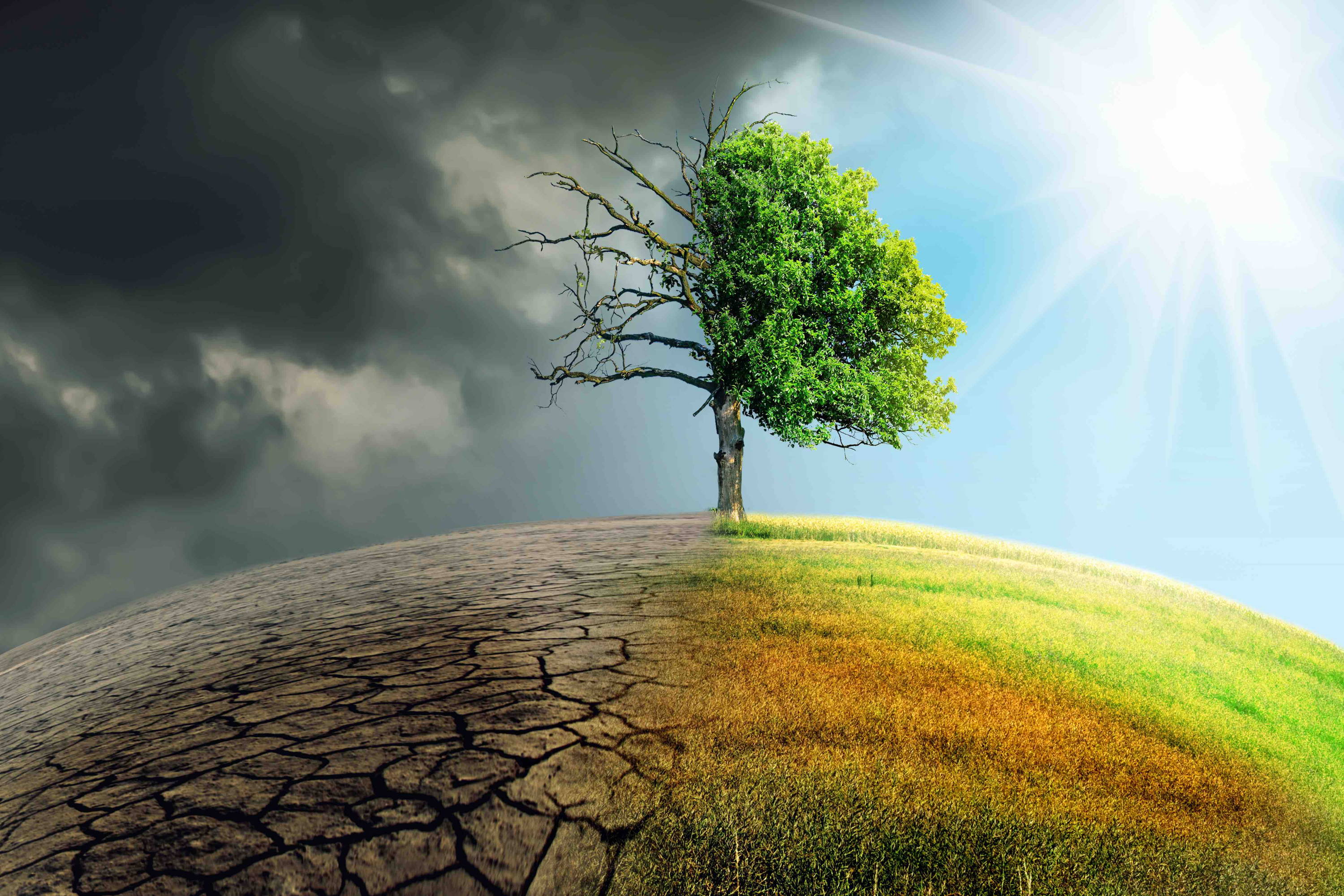
What is the Paris Agreement?
The event this November (the 26th COP climate summit) will see countries obliged to lay concrete plans to reach the targets set in the Paris Agreement, a legally binding international treaty on climate change agreed at COP21 in Paris in 2015, which came into force in 2016 to ideally limit global warming to 1.5°C. According to the UN, ‘To achieve this long-term temperature goal, countries [must] aim to reach global peaking of greenhouse gas emissions as soon as possible to achieve a climate neutral world by mid-century.’ Many view COP26 as one of the last chances to put the world on track to fulfil the Paris Agreement.
How does COP work?
Every one of the 197 countries attending COP26 is required to submit an ‘NDC’ (a Nationally Determined Contribution) beforehand – AKA a headline target that each government commits to in terms of emissions cuts in response to climate change, as part of targeted global action. But like all best-laid plans, the aim is for these NDCs to be revised and improved, thanks to some meaty negotiations on how to achieve the Paris Agreement and new alliances formed at COP. Think of it as hopefully one big climate love-in. At the heart of the NDC needs to be a national determination to meet that all-important Paris commitment. In short, explains Gareth Redmond-King, COP26 Lead at the Energy and Climate Intelligence Unit, ‘The job of COP26 is to keep 1.5 °C alive!’
Although some of the detail of each country’s NDC will inevitably come across in broader discussions, bear in mind that climate solutions that work for one country of course won’t be right for all. ‘For instance, in the UK, transport is the single biggest source of greenhouse emissions so a move towards electric vehicles and encouraging walking and cycling is crucial, but in Brazil the most important target would be agriculture and land use, as this amounts to around half the country’s emissions,’ explains Redmond-King.
COP26 is about collaboration – how countries can work together and support each other, with the Paris Agreement as the mutual holy grail. ‘We’ll see vital coalitions emerging at COP26 between countries, along the lines of the Powering Past Coal Alliance (PCCA) which 137 countries have already joined to accelerate the fossil-fuel phase out,’ adds Redmond-King. ‘Within the Paris agreement, there are major changes that many countries can work on together to achieve a bigger impact globally, than they would alone.’ So here are our high hopes for COP26 this year…
COP26 – what we want
A ban on coal
We want more pressure on ALL countries to end fossil fuel projects and for policymakers to get serious about the huge potential of wind energy and other renewables. ‘The UK is in fact a climate leader globally in terms of what we’ve achieved so far in cutting carbon emissions,’ emphasises Redmond-King. ‘The UK government has committed to making the UK’s electricity entirely renewable by 2035. To achieve that, we need to move away from relying on fossil fuels, not just for climate reasons, but for cost reasons too. We need more homegrown renewable energy sources so we stop relying on foreign fossil fuels.’
Rebecca Williams, Director of COP26 at the Global Wind Energy Council (GWEC) and one of the UK’s leading clean power experts, says, ‘Really wind power is THE key climate solution. It’s not just a provider of clean power but is also an amazing opportunity for countries around the world to create a new industry which can bring skilled jobs, socio-economic benefits and investments in local communities for good around the world.’
An electric car universe
The UK government has set its own targets to phase out the sale of new petrol and diesel vehicles by 2030, BUT electric cars need to be made affordable and accessible to everyone worldwide, so it doesn’t become a case of the wealthy nations driving electrics and their poorer cousins stuck in petrol and diesel vehicles. ‘At COP, one of the coalitions that the UK Presidency wants to build is of countries working together to speed up the phase-out of petrol and diesel cars,’ says Redmond-King.
Support for developing countries
Richer countries must recognise they need to provide funding to help developing countries deal with the disproportionate effects of climate change – poorer countries are the worst affected by the climate crisis and have the least means to deal with it. ‘Wealthy, developed countries need to stump up to make sure they are contributing the promised $100 billion a year from 2020 to help poorer countries take action and adapt to climate impacts,' says Redmond-King. 'There’s more the world needs to do at COP26 to provide technical advice and support to those countries and to put the loss and damage they have suffered formally on the COP agenda.’
The end of deforestation
We want proper Forest Certification processes in place worldwide and the UK must continue to lead by example – retaining, restoring and expanding natural carbon sinks such as forests, woodland and peatland. ‘With any country like the UK that imports food from around the world, forests are cut down to make way for livestock to graze or to grow crops for livestock feed, so there are hopes that COP26 will see a coalition of countries committing to phase deforestation out of their supply chains,’ explains Redmond-King.
Commitment to keep warming below 1.5°C
Right now, if each of the 197 countries’ pledges stay as they are, we’re set to reach catastrophic levels of warming by the end of this century – terrifyingly 2.7°C instead of the Paris Agreement commitment of 1.5°C. ‘That sounds a long time away, but children born in the UK over the last decade will see those changes,’ highlights Redmond-King. We need a bigger commitment from global leaders to cut greenhouse gases, especially from countries and companies with the highest emissions.
We asked 5 environmental experts for their COP26 hopes
Shweta Bahri, climate educator
Bahri is co-founder of Earth Warriors, a social enterprise that teaches young children about climate change and sustainability.
‘My main hopes for COP26 are:
1. For climate change to be made a compulsory part of national curriculums for every age group.
2. For there to be a transparent mechanism to ensure the voices of young activists reach policymakers and are taken into account during policy decisions.
3. For a commitment to invest in and create jobs in sectors that are integral to promoting climate change and sustainability solutions, like innovative technology and renewable energy.’

William Sorflaten, Senior Campaigner at Viva!
Viva! is a vegan campaigning charity. Check out its Vegan Now campaign.
‘My main hopes for COP26 are:
1. For governments to recognise that animal agriculture must be limited if we are to reach and exceed the Paris Agreement.
2. For governments to agree to end factory farming, thereby beginning the end of animal agriculture.
3. For leaders to start encouraging plant-based food systems and subsidise environmentally sustainable agriculture.’
'My main hope for COP26 is for governments to agree to end factory farming'
Andrew Medhurst, XR campaigner
#TOGETHERBAND ambassador Andrew Medhurst quit his job in the City to become a full-time activist for Extinction Rebellion, the environmental conservation organisation.
‘My main hopes for COP26 are that a finance deal will be struck to:
1. Cease all subsidies and financing of new fossil fuel infrastructure projects
2. Promote subsidies and financing only for renewable energy
3. Support poorer nations in the Global South to produce plans which enable their development without reliance on fossil fuels.’
Oliver Bolton, CEO of Earthly
Earthly is an environmental conservation organisation.
‘My main hopes for COP26 are:
1. For a firm plan on how nature-based solutions can be integrated into the Paris Agreement strategy.
2. For credible targets that will actually be met and a mechanism for the huge financial transfers required from developed countries to developing countries to help them make the transition.
3. A commitment from all countries to specific carbon consumption targets and to pay for the carbon footprint, including on imports (i.e. a carbon border tax).’
Vanessa Amoroso, from the charity World Animal Protection
‘My main hopes for COP26 are:
1. COP26 is an opportunity to highlight how simple changes can benefit not only the planet, but animals and people too. We are facing an ecological crisis, biodiversity loss and possible resistance to antibiotics, due to their overuse with farm animals, if we don’t change our ways. We need an end to factory farming and the overuse of antibiotics it causes.
2. For an end to the commercial wildlife trade across borders.
3. For members of COP26 to recognise that to achieve our joint goals people need to reduce their meat consumption.’
This article was originally published in July 2021 and has since been updated
Do you agree? We'll keep you posted on the outcome of COP26. Let us know on Instagram @togetherbandofficial what YOUR hopes are
All images: Shutterstock
100% of profits from the sales of #TOGETHER products go to charities that advance the Sustainable Development Goals. Find out more here.
